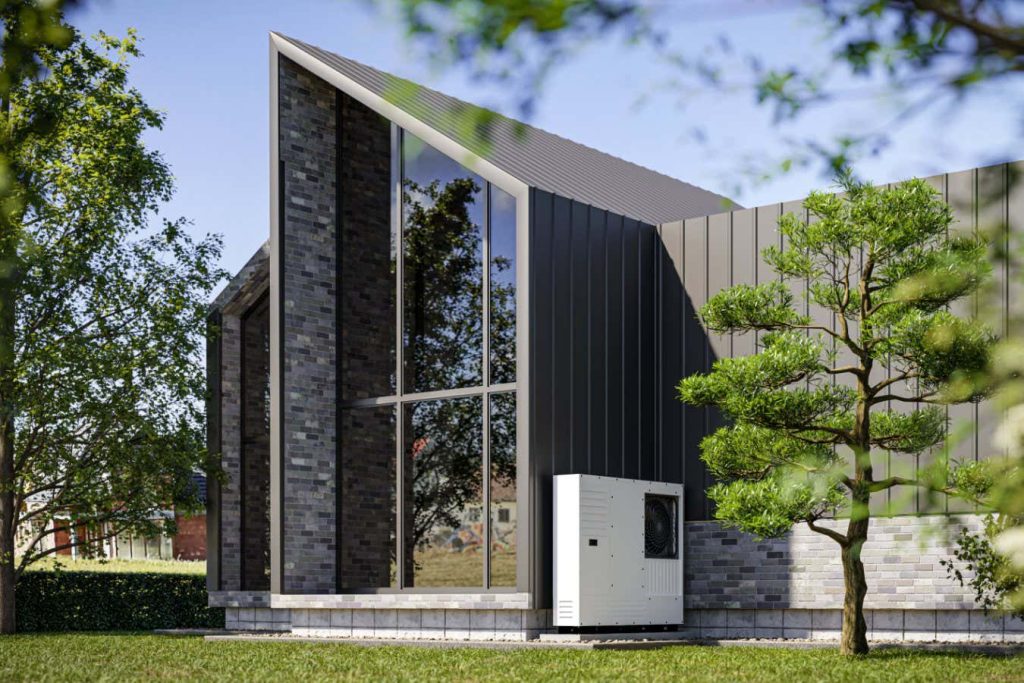Heat pumps collect heat from outside air and concentrate it in homes
Michal-Rojek/iStockphoto/Getty Images
A new Swedish company called Aira will start selling heat pumps in the UK, Germany and Italy this year for a monthly fee instead of installation costs.
Around 10 per cent of European greenhouse gas emissions are from home heating. Heat pumps are a key route to decarbonisation, but the high costs of installation are a major factor deterring consumers.
“We want to take the Swedish example and turbocharge it,” Harald Mix of Vargas, the parent company setting up Aira, told a press conference in Stockholm.
Advertisement
Sweden is one of the few countries in the world that has decarbonised home heating, with 60 per cent of households having a heat pump already and most of the rest supplied by district heating systems, said Martin Lewerth, the CEO of Aira, at the press conference.
Heat pumps work like refrigerators in reverse, collecting heat from outside air and concentrating it in homes. This means that heat pumps are several times more efficient than, say, using electricity to generate hydrogen gas and burning that to heat homes.
Aira will also sell an optional accessory allowing its heat pumps to be used for cooling in summer, Lewerth told New Scientist.
The company is aiming to install 5 million heat pumps in 20 countries in Europe in the next decade, which will require training tens of thousands of installers. That will reduce emissions by as much as taking 10 million fossil fuel cars off the roads, says Lewerth.
Aira will design its own heat pumps and manufacture them at a factory in Poland. The system will be designed to integrate with other green devices such as solar panels, batteries and chargers for electric cars, which Aira will also start supplying in future. It aims to provide people with a one-stop, consumer-friendly way to make their homes greener.
“Consumers will save from the very first day,” says Lewerth. They will see savings of 30 per cent or more, he says. A typical monthly bill in the UK could be in the region of £75.
Aira will be producing two heat pump models, says Lewerth, with a smaller one designed to replace combination boilers in smaller homes. The installers will tell people if their homes aren’t suitable for heat pumps – because of poor insulation, for instance – and will replace radiators if necessary.
The contract will last for 10 years and cover all maintenance. If people sell their homes before then, they will have the option of paying off the contract or passing it on to the new owners, says Lewerth.
“It is good to see companies developing new offers to allow people to benefit from getting a heat pump installed even if they do not have the upfront capital,” says Jan Rosenow at the Regulatory Assistance Project, a non-governmental organisation. “The upfront costs of heat pumps can be a significant barrier for households.”
Aira has already been installing heat pumps in Italy as part of a trial. The company is using a refrigerant called R290, which is a much less potent greenhouse gas than the refrigerants used in some other heat pumps, says Lewerth.
Mix describes gas boilers as “the enemy”. “Now is the time to act,” he says. “The planet is on fire.”
Michael Le Page’s trip to Stockholm was paid for by Vargas.
Topics:

